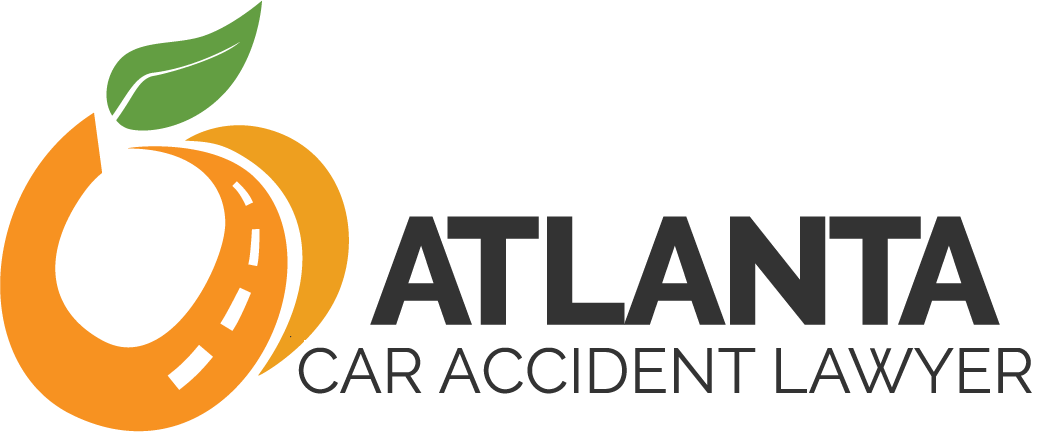
After a car accident, another driver’s insurance company may ask you to give a recorded statement about the accident. You are not legally required to do this, and it is almost never in your best interest. This is true even if you are sure you did not cause the accident and have nothing to hide.
No matter what the insurance adjuster tells you, a recorded statement isn’t necessary for you to get money for your injuries and vehicle damage. In fact, a recorded statement is more likely to hurt your claim than help it, because the insurance company may use it to argue that you are at fault or are not telling the truth. Once the insurance company has you talking on tape, it is very hard to correct or change what you said. Because of this, you should never agree to a recorded statement until you have talked to a car accident lawyer.
What is a “recorded statement”?
After an accident, you may get a phone call from an insurance adjuster who wants to record your answers to a few questions. The adjuster will probably be very nice and will sound genuinely concerned about your well-being. But the recorded statement is not about you. It’s about the insurance company’s profits.
Insurance adjusters are trained to look for ways they can deny claims or limit the amount the insurance company pays out. This is how the insurance companies make money. One of their tactics is to ask you questions about the accident and record your responses on tape. There are several ways the insurance company might use the recorded statement to avoid paying you:
- The adjuster might trap you into saying things you don’t really mean. For example, you might be pressured into admitting you might have been partly at fault, even though you don’t think you were. Or you might get so flustered that you leave things out or say the opposite of what you mean. Or you may feel forced to talk about things you don’t remember clearly.
- Later, the adjuster can go back and compare your recorded statement to what you told the police officer or witnesses at the scene. It’s normal to have inconsistencies in your recollection of a traumatic event, but the insurance company will use these to say you are lying and your claim should be denied.
- If a lawsuit is filed, the insurance company’s lawyer may try to destroy your credibility by pointing out differences between your live testimony and your recorded statement.
When the insurance adjuster calls, the best approach is to simply say that you will not give a recorded statement until you have talked to your lawyer. Your next phone call should be to set up a consultation with an experienced car accident lawyer.
What if my own insurance company wants me to give a statement?
You have an obligation to cooperate with your own insurance company, and this may include giving the insurance company a recorded statement. Before you agree to talk on tape, ask the insurance adjuster to point you to the language in your insurance policy that requires you to give a recorded statement if asked to. A lawyer can also advise you on whether you must give your own insurance company a statement.
You should be aware that your insurance company will also consider its own profits first. This means it may also use your recorded statement against you. This might happen if there is a dispute over liability, or if your own insurance is on the hook and looking for ways to avoid paying. If you have to give a statement to your insurance company, take the time to think carefully about each of your answers, and don’t offer any opinions or additional information that the adjuster didn’t ask for.
Above all, talk to a car accident lawyer. Car accident lawyers are highly trained and experienced in dealing with insurance companies, and a good lawyer can see it that you get the best insurance payment possible, with the least stress and hassle.
Talk to an Atlanta Car Accident Lawyer for Free
Our lawyers have a single focus: to help accident victims. We never charge a fee unless we get you money. Let us give you a FREE consultation to discuss your accident and help you with your claim. Call us at (404) 341-6555 or fill out the form to the right to get your free consultation today.





